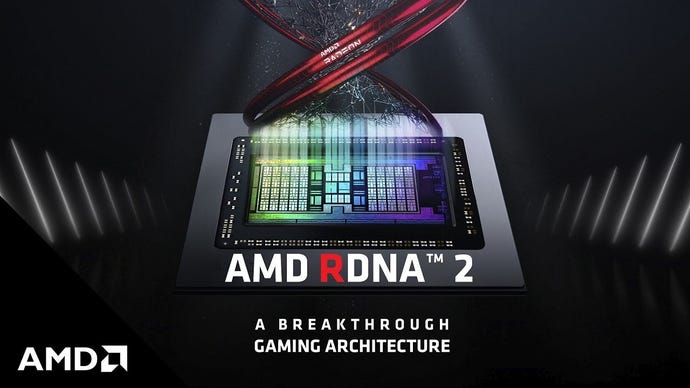AMD's answer to Nvidia DLSS could arrive this year
AMD is working on its own version of Nvidia's highly lauded DLSS.
DLSS has quickly become one of the bigger benefits of owning a Geforce RTX GPU. What started out as a novel AI-driven supersampling tech has turned into a necessary tool in increasing performance. As the number of games that support DLSS continues to grow, AMD GPU owners are left to wonder if the company will offer an alternative.
The good news is that, yes, AMD is working on an expanded version of its FidelityFX sharpening tool, dubbed FidelityFX Super Resolution. According to Radeon GM Scott Herkelman, the feature is still in development, but AMD is pushing for it to ship this year.
Speaking on PCWorld's Full Nerd podcast (as reported by Videocardz), Herkelman said FidelityFX Super Resolution - or FSR for short - is progressing well, adding that the team still has a few things to figure out.
"We need to make sure the image quality is there. We need to make sure it can scale from different resolutions. And at the same time that our game developers are happy with what we are producing," Herkelman explained.
"It’s probably one of the biggest software initiatives we have internally because we know how important it is if you want to turn on ray tracing that you don’t just wanna have that competitive hit or your GPU get hit so hard," he added.
The biggest takeaway from the chat, however, is that unlike DLSS, FSR will not be based on machine learning. On Nvidia RTX GPUs, specialised Tensor cores handle the process of supersampling, but AMD GPUs do not have equivalent machine learning silicon.
"You don’t need machine learning to do it, you can do this many different ways and we are evaluating many different ways," outlined Herkelman.
"What matters the most to us is what game developers want to use because if at the end of the day it is just for us, we force people to do it, it is not a good outcome. We would rather say: gaming community, which one of these techniques would you rather see us implement so that this way it can be immediately spread across the industry and hopefully cross-platform."
Indeed, as Videocardz points out, AMD's solution appears to be similar to Microsoft's DirectML, itself a sharpening-based piece of tech that does not rely on machine learning. It'll be very interesting to see how it stacks up to Nvidia's impressive DLSS when the time comes.








.png?width=291&height=164&fit=crop&quality=80&format=jpg&auto=webp)